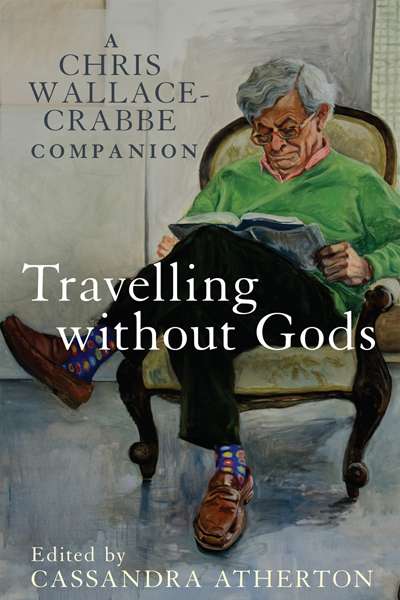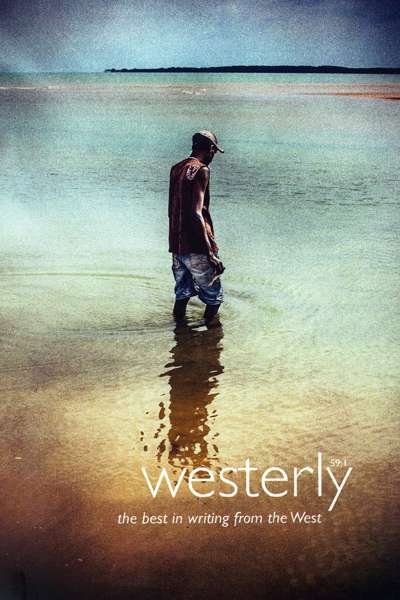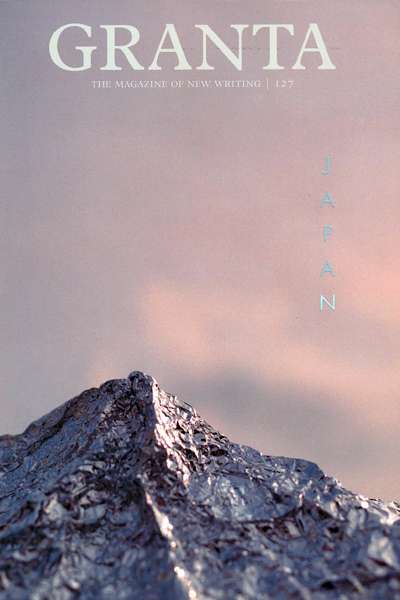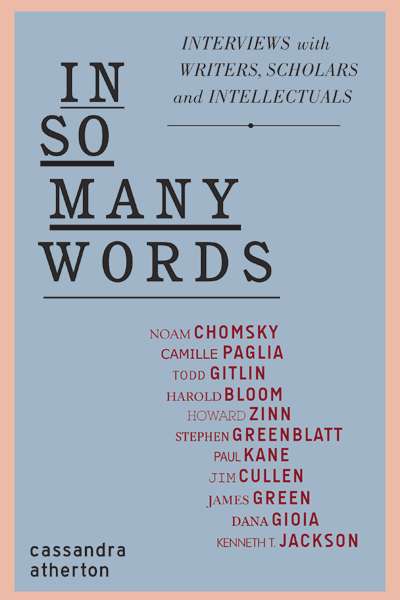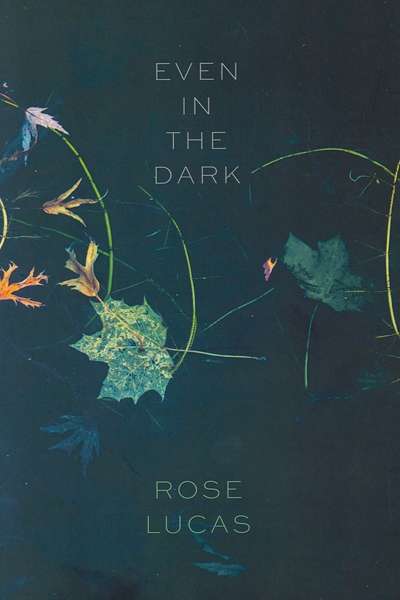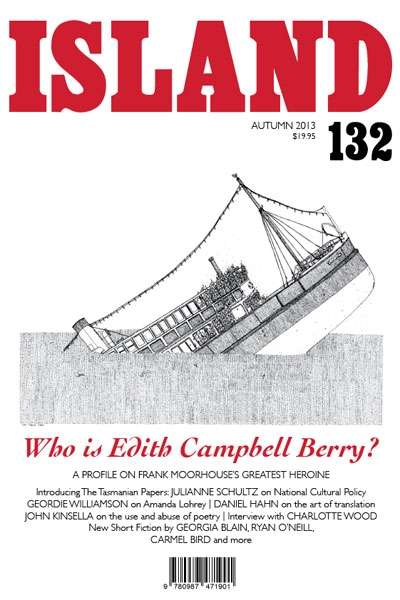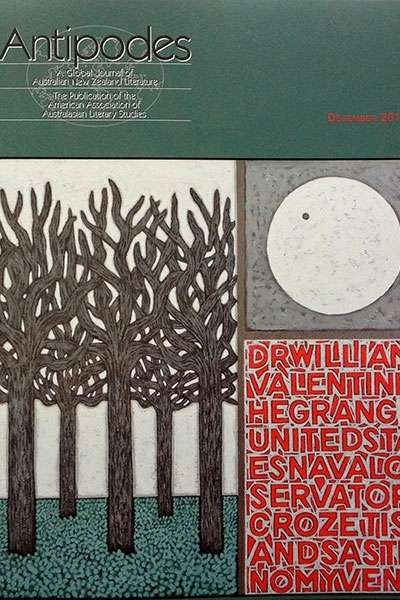Cassandra Atherton
Books of the Year is always one our most popular features. Find out what our 41 contributors liked most this year – and why.
... (read more)Axon: Creative Explorations, Vol. 4, No. 1 edited by Lucy Dougan et al.
by Cassandra Atherton •
Travelling Without Gods edited by Cassandra Atherton & My Feet Are Hungry by Chris Wallace-Crabbe
by Anthony Lynch •
Westerly, vol. 59, no. 1 edited by Delys Bird et al.
by Cassandra Atherton •
Ben Ball was born in Melbourne in 1970. He grew up in London, New York, and Sydney, and went to school in all of these places. He completed an Arts/Law degree, in Australia, ‘more or less entirely to create the pleasing symmetry B. Ball, BA, LLB’. In the United Kingdom he undertook an M.Phil in Contemporary English Literature. Ball worked in London in publishing for more than a decade, with Bloomsbury, Granta, and Simon & Schuster. He returned to Australia when he began working for Penguin in January 2006. In 2011 he became Penguin’s Publishing Director.
... (read more)In So Many Words: Interviews with Writers, Scholars and Intellectuals by Cassandra Atherton
by Gillian Dooley •
Island 132 edited by Rachel Edwards and Matthew Lamb
by Cassandra Atherton •
Antipodes: A Global Journal of Australian/New Zealand Literature, Vol. 26, No. 2 edited by Nicholas Birns
by Cassandra Atherton •

